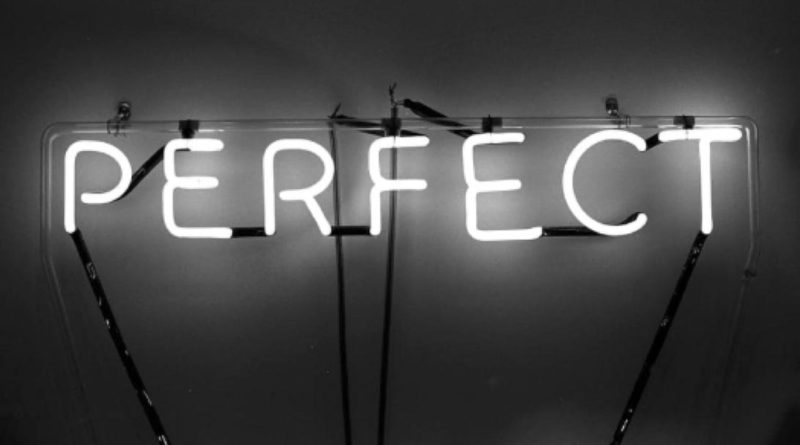Perfectionism – a road to destruction
“As many as two in five kids and adolescents are perfectionists,” says Katie Rasmussen, a child development and perfectionism researcher at West Virginia University. Being a perfectionist has become a widespread phenomenon in our society. According to the World Health Organization, the number of young perfectionists has reached record levels in the past decade.
What is perfectionism?
Perfectionism, by definition, is a broad and multilateral personality feature that involves the requirement of perfection or the appearance of perfection for the self or others. Symptoms of perfectionism include critical self-evaluation, the setting of unrealistic expectations, excessive concern over mistakes and errors, self-doubt, and the refusal to acknowledge imperfections.

Why is perfectionism dangerous?
Having high expectations and striving to become the best version of yourself is admirable and will bring you far in life. However, what is risky about perfectionism is that it can quickly become something harmful. Setting yourself unachievable goals and putting immense pressure on everything you do is not healthy. Scientists have proven that an unrestrained desire for perfection can lead to anxiety, depression, self-harm, eating disorders, and insomnia. In the most extreme cases, perfectionism has even induced people to commit suicide. Research conducted in 2013 shows that 68% of all adolescent suicides had something to do with disappointment and self-doubt created by the inability to achieve certain ideals. An over critical evaluation of oneself is toxic! If we continually set our minds on achieving perfection, then we do not leave ourselves room to make mistakes. Learning from our flaws and turning them into strengths teaches us valuable lessons and helps us to confront future challenges better. Giving our best and being satisfied with our actions will most likely make us happy in life. Striving for perfection will make us vulnerable, anxious, and miserable.
What is perfection?
The idea that perfection is linked to happiness has somehow always been indoctrinated into our minds. Perhaps that is the reason why so many of us aspire to perfection; we think that it will genuinely turn us into content and fully accomplished human-beings. However, in doing so, we tend to forget to ask ourselves what perfection actually is or whether it is realistically achievable.
Defining perfection is something very subjective. Generally, perfection is described as a state of flawlessness or sublime excellence. To me, perfection remains an ideal that we only create in our heads that, however, has nothing to do with reality. I firmly stand behind my thesis that perfection does not exist. What makes something so good that it can be described as flawless? Is there anything in the world that is so sublime that no one and no one could have anything to hold against it?

So why is it that each year hundreds of people kill themselves striving for an ideal which does not really exist? Why do we not devote our lives to being happy with who we are and appreciating what we have? I suppose this is just another example of human irrationality. We strive to be what society perceives as perfect. Nowadays, a perfect life includes having a prestigious and high-payed job, having a family, having a large group of friends, and traveling around the world. Though what if we changed our perception of perfection? What if we stopped wanting to be what other picture as perfect and decided to create our own meaning of the word? Why cannot just being with people you love and pursuing the interests you choose to be perceived as a perfect life?
The idea of having to be “perfect” is mostly influenced by social media. On applications such as Instagram and Facebook, we try to give a perfect image of ourselves. We like to show people the awesome parties we go to and the amazing exotic places we visited. By doing this, we create a sort of fake reality. In trying to be perfect for others, we neglect to be true to ourselves and showing who we are. Our flaws are what makes us authentic.
If there is anything that I would like for you to take from this article, it is to stop the strive for perfection! Being ambitious and setting oneself high aims is great, as long as you do not harm your self-esteem. As soon as you think that the goal you set yourself is too unrealistic, and trying to achieve it will harm your physical and psychological health, then STOP! Reset your mind and rethink what you are doing. Set yourself achievable goals! This will positively impact your self-esteem and give you a greater sense of satisfaction.
Giulia Quaroni / S7DE / EEB1 Uccle
Images: piqsels.com; pikrepo.com; flickr.com




